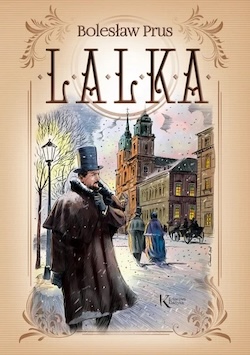
Wartime Notebooks
“Stunning in the freshness of its perspective . . . Fascinating.”—Thomas E. Ricks, New York Times Book Review “Bobkowski is a marvelous discovery! Thanks to Laura Engelstein and Grazyna Drabik’s sparkling translation, we can read his diary of wartime France, which brims with detailed, lavish, and ironic observations of the German occupation and of the French and his fellow Poles.”—Norman M. Naimark, Stanford University “Andrzej Bobkowski’s Wartime Notebooks offer a fascinating perspective on European history in the middle of the twentieth century, a brilliant young Polish intellectual in France reflecting on the fate of Europe, as Poland and then France itself were conquered by the Nazis. Bobkowski’s detailed observations and philosophical reflections illuminate what it meant to be Polish, what it meant to be European, and what it meant to live, observe, and survive in Nazi Europe. The notebooks allows us to understand how Eastern Europe and Western Europe were related and reconciled in the understanding of one striking European intellectual, helping us to envision a more complete intellectual history of Europe as a whole.”—Larry Wolff, New York University, author of Inventing Eastern Europe and The Singing Turk Christian Schlect opinion from AMAZON: “An important, challenging book by a young Polish man who finds himself, with his wife (here, often in the far background), living in occupied France during the Second World War. His sometimes rambling notes and often terse diary entries are those of an educated European. While closely observing, and clearly commenting on, the facts as they arise everyday around him, he tries to make personal and political sense of a wartime situation that is out of his control. Unlike other memoirs of the time and period, there is little about German military brutality or of the fate of the Jews. There is more about the Communistic evil exampled by Russia and the unfortunate status of Poland. The malleable people of France during the occupation do not get high grades. America is hardly mentioned. Food, drink,biking, friendships, country vistas, and urban scenes all are deeply felt and deftly described by Mr. Bobkowski. The author is highly literate and sprinkles (sometimes floods) his notes with references to other scholars and authors. Another book published in English translation this year on the same city and time deserves a modern reader’s attention: “A German Officer in Occupied Paris: The War Journals, 1941-1945.” I think a chance sidewalk conversation between Andrzej Bobkowski and Ernst Junger would have been extraordinarily interesting”.







